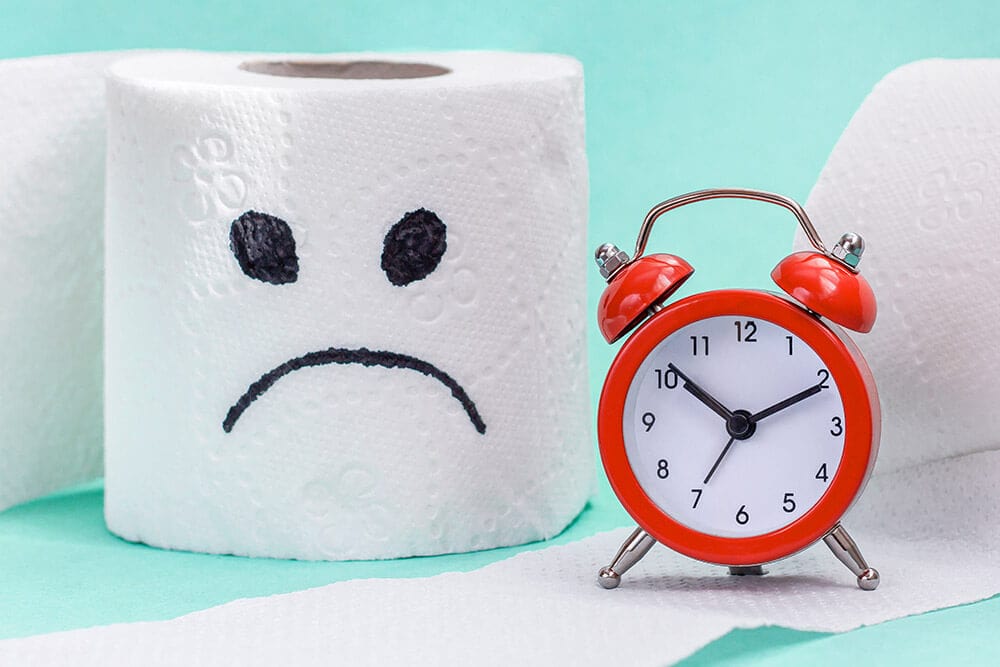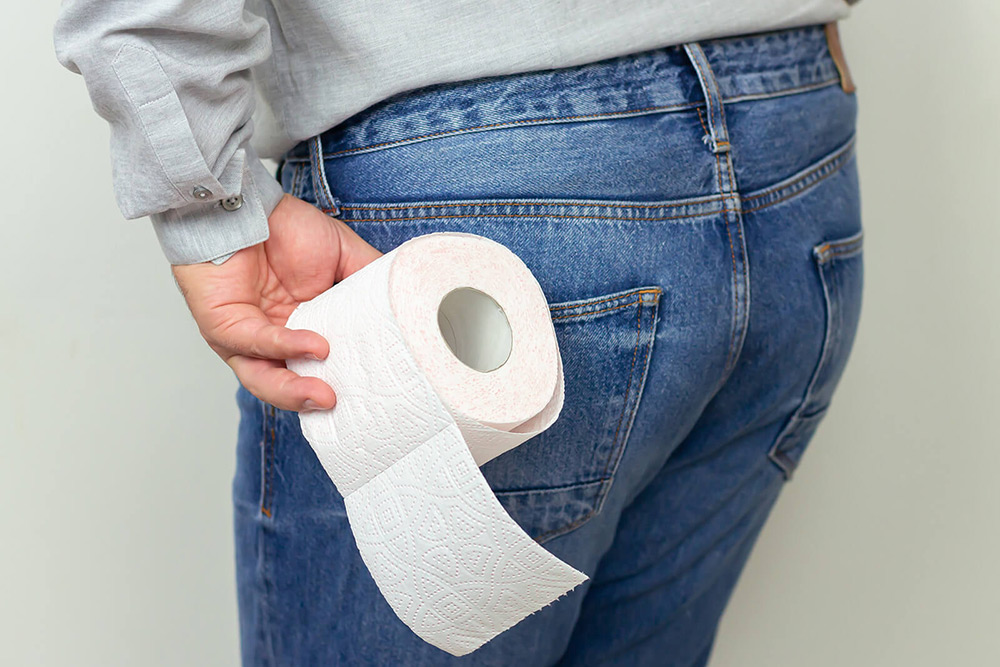What Is Constipation?
Constipation occurs when you have fewer than three bowel movements per week. Stools are often hard, dry, or painful to pass, and you may feel bloated or as if you haven't completely emptied your bowels.
Common Causes and Risk Factors
- Low-fiber diet (insufficient fruits, vegetables, whole grains)
- Inadequate fluid intake (not drinking enough water)
- Physical inactivity or a sedentary lifestyle
- Certain medications (e.g., opioid pain relievers, some antidepressants)
- Ignoring or delaying the urge to have a bowel movement
- Age-related changes in gut motility (more common in older adults)
- Hormonal changes (such as during pregnancy)
- Underlying medical conditions (hypothyroidism, diabetes, neurological disorders)
Signs and Symptoms
- Straining during bowel movements
- Hard, dry, or lumpy stools
- Sensation of incomplete evacuation
- Abdominal bloating or discomfort
- Cramps or pain in the lower abdomen
- Lower-back pressure or ache
Expert Treatment for Constipation by Dr. Bharat Pothuri
Dr. Pothuri uses a step-by-step approach:
Medical History and Symptom Review
He asks about your bowel-movement frequency, stool consistency, diet, fluid intake, medications and any abdominal or rectal discomfort.
Physical Examination
He performs a gentle abdominal exam to check for distention or tenderness and a digital rectal exam to assess tone and detect any obstruction.
Stool Diary and Charting
You may be asked to keep a 7-day record of your bowel habits, stool form (Bristol Stool Scale) and associated symptoms.
Imaging and Functional Tests
- Abdominal X-ray or Sitz-marker transit study to evaluate stool burden and colonic motility.
- Anorectal manometry to measure rectal pressures, sphincter function and muscle coordination.
- Colonoscopy (when indicated) to rule out structural lesions, strictures or colonic disease.
Advanced Testing (if needed)
Balloon-expulsion test or defecography to visualize and quantify defecatory mechanics in cases of suspected obstructive defecation.
Frequently Asked Questions
Can constipation cause back pain?
Yes. Pressure in the belly can affect the lower back.
What is a normal number of bowel movements?
Anywhere from three times a week to three times a day is considered normal.
What foods should I eat for more fiber?
Good choices include oatmeal, apples with the skin, lentils, broccoli, whole-grain bread, and chia seeds.
How much Miralax should I take?
Most adults take 17 grams once daily. Do not take more unless your doctor tells you to.
Is magnesium citrate safe?
Yes, if used the right way. It works fast, so use only when needed and stay hydrated.
When should I see a doctor?
If symptoms last more than two weeks, or if you have pain, blood in your stool, or unexplained weight loss, see a doctor right away.












